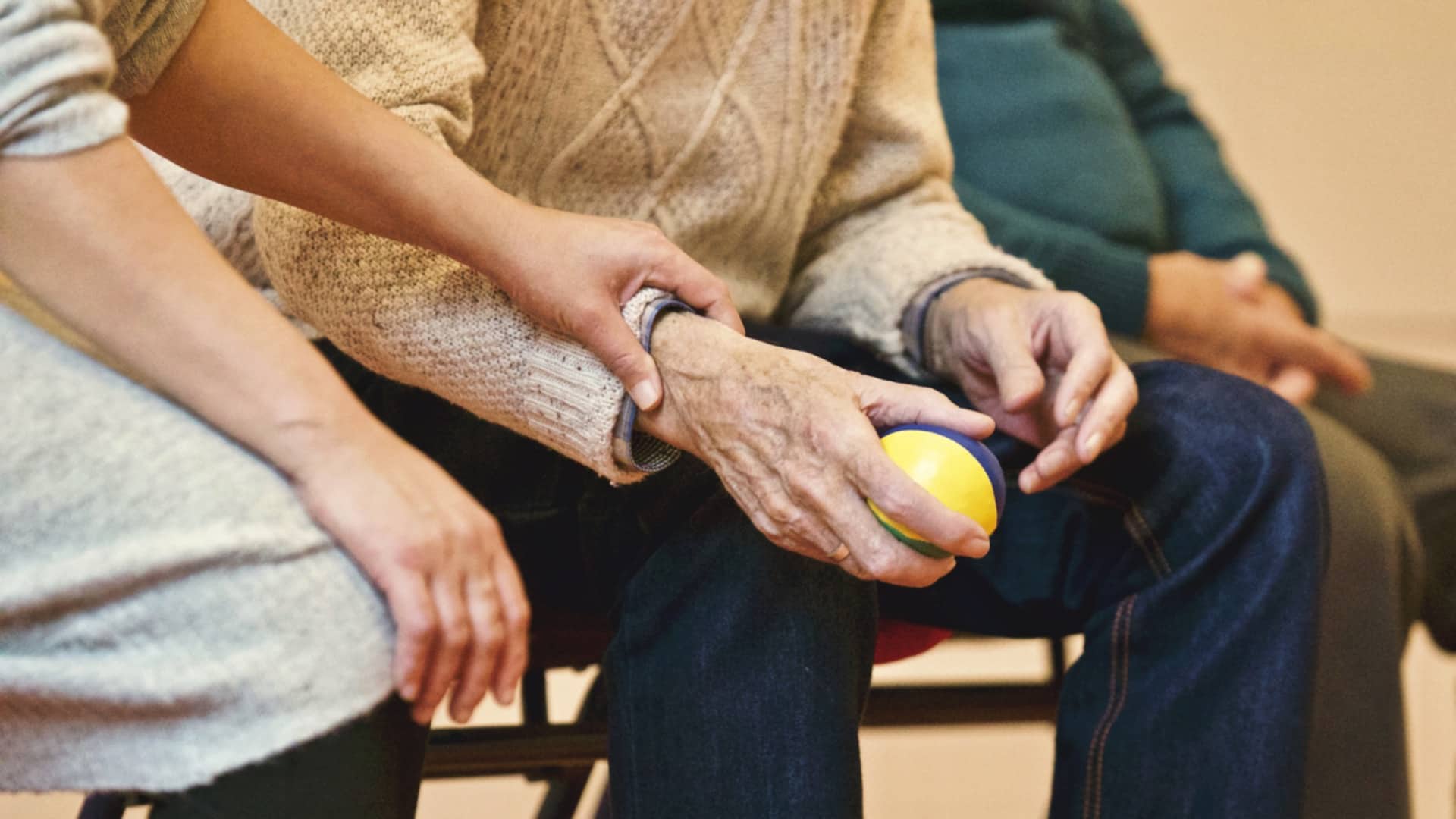
Image Source: Pexels
Life changes dramatically when your spouse suffers a severe injury, and you may find that both of you are struggling to cope. Though you may feel helpless at times, it is important to remember that there are ways you can help your significant other heal. If you’re not sure what to do, ask your partner what type of help they want from you. Each person’s desires are unique, but most people suffering from an injury share some common needs.
Keep Them Organized
When recovering from an injury, people are often as exhausted mentally as they are physically. This makes it hard to keep track of medication schedules and other information provided by doctors. Depending on the injury, lawyers may also be involved. You can help your spouse by attending appointments with them and taking notes. This ensures that important information imparted by doctors, therapists and attorneys, like those at Oxner + Permar, LLC, is kept organized and not misplaced.
Provide Nourishment
The human body needs proper nutrition in order to heal. Unfortunately, those dealing with an injury may lose their appetite due to medications or depression. It’s your job to help encourage your spouse to eat. Make their favorite meals or, if possible, go out for something special. Provide healthy options and snacks, but be sure to sneak in a few goodies too. This will lift your spouse’s spirits and encourage them to keep eating.
Take A Break
You can’t take care of your spouse if you’re too burned out and exhausted to do so. While the focus will be on your husband or wife at this time, it’s important that you don’t overlook yourself. Ask friends and family members to help you out so you can take a day for yourself. It may be impossible for you to take care of everything yourself and it will be overwhelming to try. Give yourself permission to step back and take a breather when you need one.
Your help can make a world of difference to your injured spouse. No matter what the injury, you can help by keeping medications, appointments and paperwork organized. You will also need to make sure your partner keeps eating. Take breaks when you need to and remember to stay positive and upbeat. While it’s important not to make false assurances, you should point out any progress being made and stay as optimistic as possible. A few deep breaths and a positive outlook will help you and your spouse immeasurably during the healing process, as will strictly following the doctor’s specific instructions.
Emma Sturgis
Recent Posts
- Castor Oil For Better Hair Growth: Is It Myth Or Fact?
- Exploring the Differences Between Sermorelin, Ipamorelin, Ibutamoren, GHRP2, and GHRP6: Understanding Their Role in Human Growth Hormone Regulation
- Unraveling the Mystery: Understanding the Causes and Prognosis of Ventricular Tachycardia Without Apparent Heart Disease
- Understanding Grandparents’ Rights in Oklahoma: Navigating Visitation and Legal Protections
- 10 Reasons to Consider Hypnotherapy for Your Health

